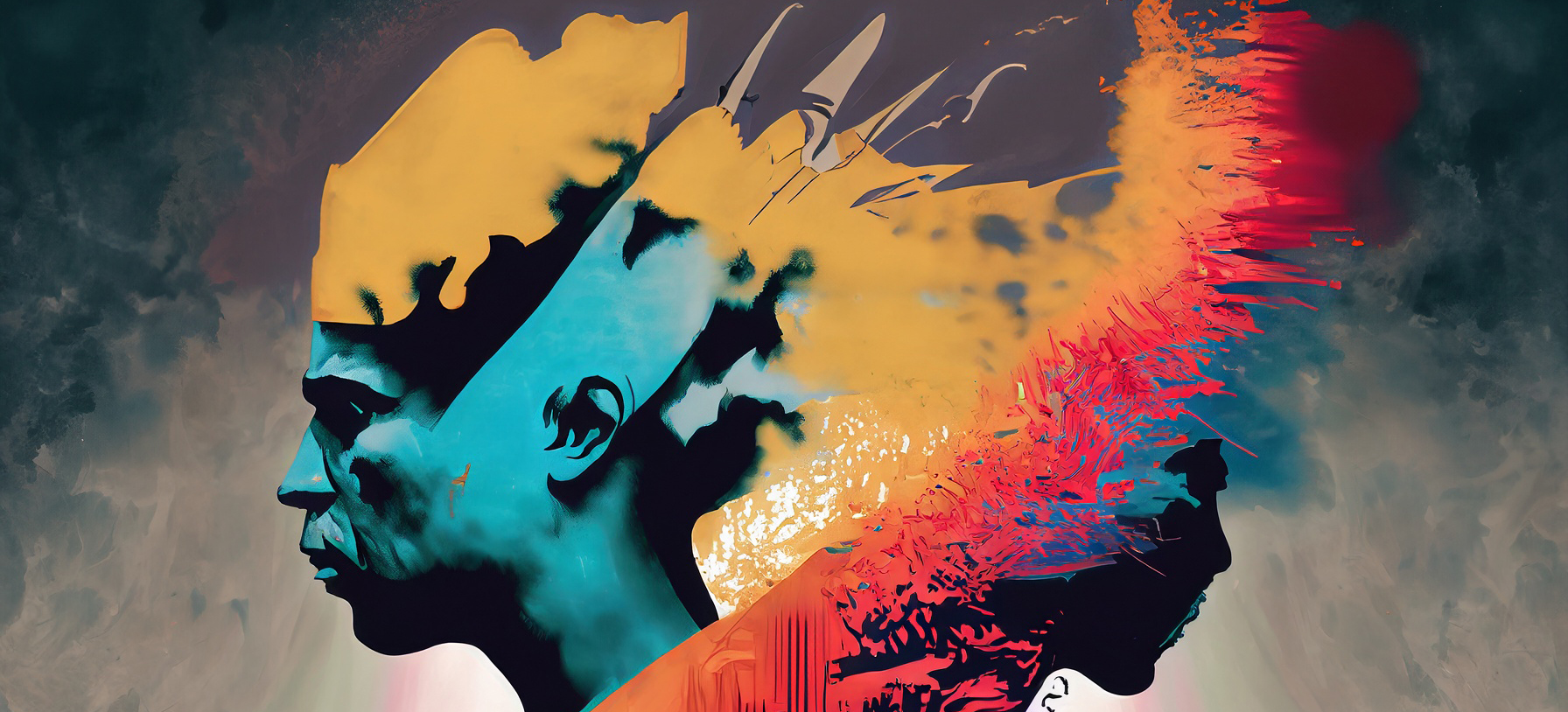
Authors
Christian Bjørnskov, Jacob Mchangama
The association between freedom of expression – freedom of speech and the freedom of the media – and social conflict is theoretically ambiguous and politically highly contested. On one side of the debate, people argue that freedom of speech and freedom of the media create social conflict by giving people and organized interests the opportunity to disagree in public, creating visible conflicts and enabling people to insult and incite hatred against other groups and attempt to marginalize them.
On the other side of the political debate, the proponents of the freedom of expression argue that free speech and free media act as safety valves that allow substantial disagreement to be expressed in a peaceful manner instead of turning into violence, enabling deliberation among different groups, and furthering the understanding and potential acceptance of substantially different points of view.
In this paper, we therefore take the association to the test. We combine data on freedom of expression from the V-Dem database and conflict data from the Banks dataset with additional data on economic performance and political institutions. In a large panel dataset, we find evidence of a negative association between the freedom of expression and social conflict. Further tests suggest that this association is specific to countries with democratic political institutions while the empirical association in autocracies is ambiguous.
Jacob Mchangama is the Founder and Executive Director of The Future of Free Speech. He is also a research professor at Vanderbilt University and a Senior Fellow at The Foundation for Individual Rights and Expression (FIRE).

